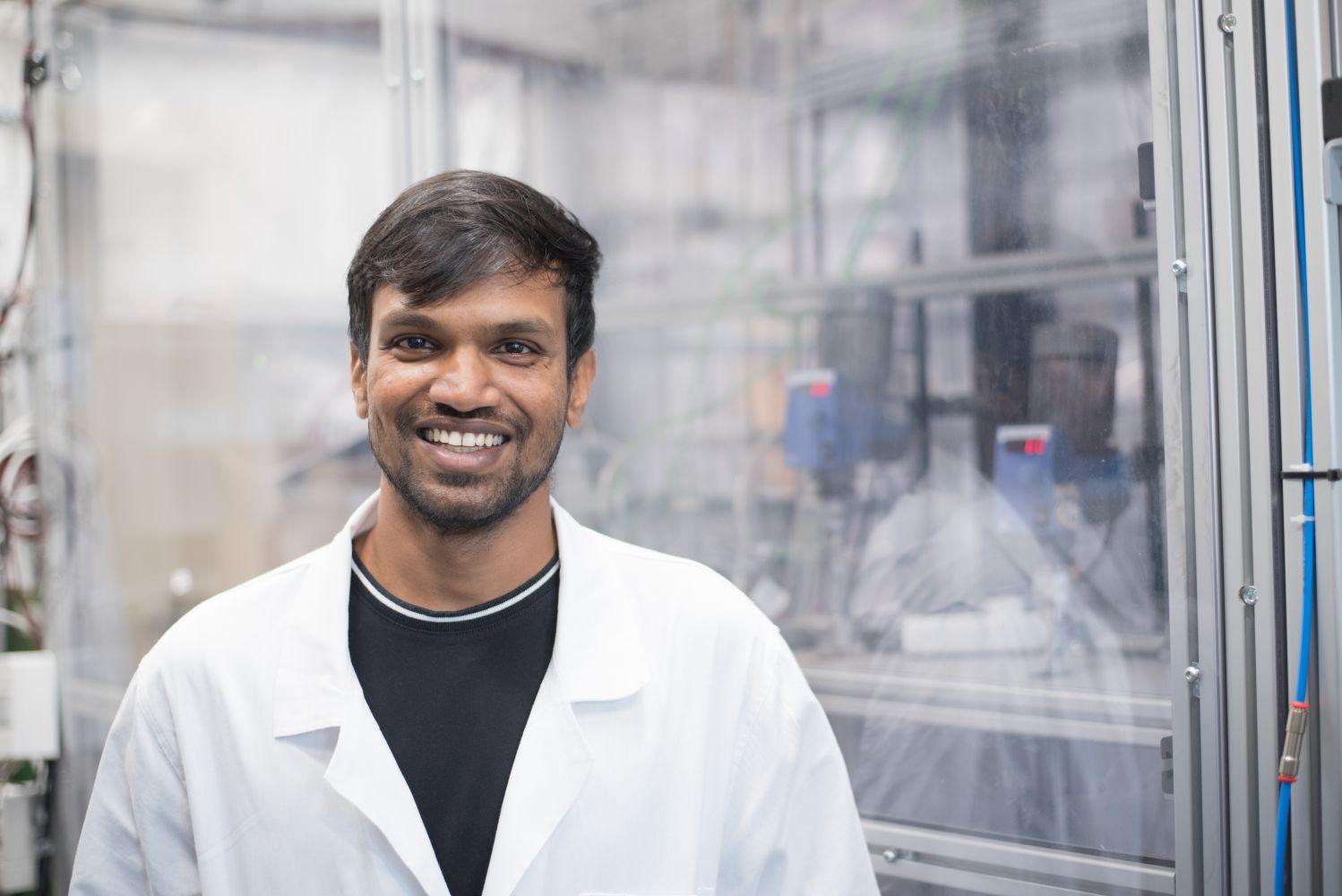
Technologies for removal of antibiotic-resistant bacteria and antibiotic resistance genes from sewage sludge
- Supervisor: prof. Ing. Jan Bartáček, Ph.D.
- PhD admission year: 2020
- E-mail: budatalj@vscht.cz
- Phone: +420 220 445 225
- Room: B 115

Monitoring the spread of ARB in the environment has recently received much attention in view of the alarming increase in the number of patients who do not respond to antibiotic treatment, even in relatively common diseases such as pneumonia or tuberculosis. One of the ways in which ARB spreads in the environment is effluents from wastewater treatment plants (WWTPs) and sewage sludge, which is used to fertilize agricultural land. Through agricultural crops, ARB can reach the food chain, endangering the human population This risk has not yet been systematically addressed, and it is also not clear what technologies can be used to eliminate the presence of ARB.
In this Ph.D. project, we will quantify the amount of antibiotic-resistant bacteria (ARB) and antibiotic resistance genes (ARGs) that enter the environment through the application of sewage sludge in agriculture. Further, we will test the effectiveness of technologies for the sanitation of sewage sludge (thermophilic anaerobic stabilization, thermal hydrolysis, pasteurization, liming, etc.) in terms of their ability to remove antibiotic resistance. For all technologies, process conditions will be sought to ensure the removal of ARB and ARGs that occur in free DNA. As test sludges, sludges from thermophilic and mesophilic anaerobic stabilization, sludges after aerobic stabilization, sludges from fat separators, and wastes exported to wastewater treatment plants will be selected. The aim of the project is to propose parameters of sludge disinfection processes that safely ensure the removal of ARB and ARG so that sludge can be used as fertilizer.